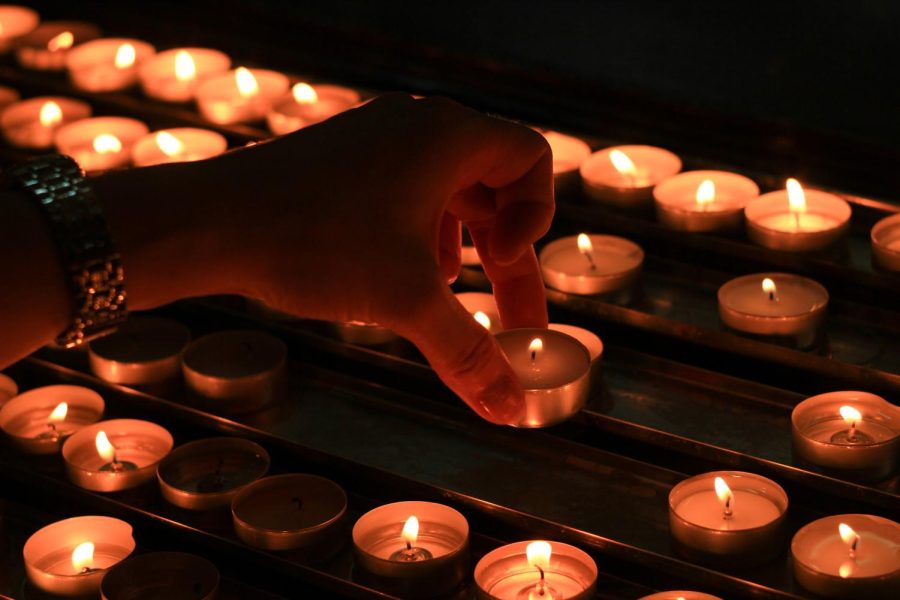The Overlooked Cousin of Dia de Los Muertos: Undas
November 18, 2022
Whether you celebrate it or not, almost everyone has heard of Dia de los Muertos. Originally a Mexican holiday, Dia de los Muertos (Day of the Dead) has been slowly integrated into American culture over the past years.
But there is another holiday celebrated at the same time as the Day of the Dead that shares a lot of similarities.
Undas – or All Saints Day – is a Filipino celebration in which people visit cemeteries to honor their dead loved ones. Pista Minatay, which translates to sharing meals with deceased ones, is a tradition that is celebrated during this holiday. Portions of food are left out as offerings for deceased loved ones on either an altar or at an empty spot at the dinner table.
Like Dia de los Muertos, Undas is also observed from November 1st (All Saints Day) to November 2nd (All Souls Day). One reason that this holiday shares a lot of similarities to Day of the Dead is that both Mexico and the Philippines are predominantly Roman Catholic, thus sharing similar holidays.
For the first time in two years, Filipinos globally were able to properly celebrate Undas fully after experiencing restrictions related to the Covid-19 pandemic. However, in the Philippines, the government is still exercising caution, so celebrations have been somewhat subdued. According to an article from Rappler, a Filipino news company, celebrations were not completely halted as nearly 430,000 people visited the Manila North and Manila South cemeteries. Filipino families also attend mass, participating in traditions such as lighting candles and saying prayers in honor of their loved ones.
While not nearly as big as Dia de los Muertos, Undas is still picking up popularity in the US as the Filipino population increases. As for how she feels about Undas, my grandma, Minda Colobong, a proud Filipino, states, “Undas has always been important to Philippine culture. It’s kind of sad, but the older you get the more purpose you have for celebrating Undas. But it’s a beautiful tradition.”
Minda’s message about how, as someone ages they experience more people passing away and therefore have more purpose to celebrate Undas, is exactly what the holiday is all about.
A younger Filipino, my cousin Jarren Colobong, doesn’t see the holiday as important to him just yet. Jarren says, “I’m not too big on the holiday but it’s nice that our culture is being noticed.” He adds that, “We didn’t really celebrate it since Undas was on a weekday.”
With the culture in America being so heavily influenced by cultures from all around the world, it’s important to bring attention to the celebration of other holidays, and to highlight the importance of each holiday.











































